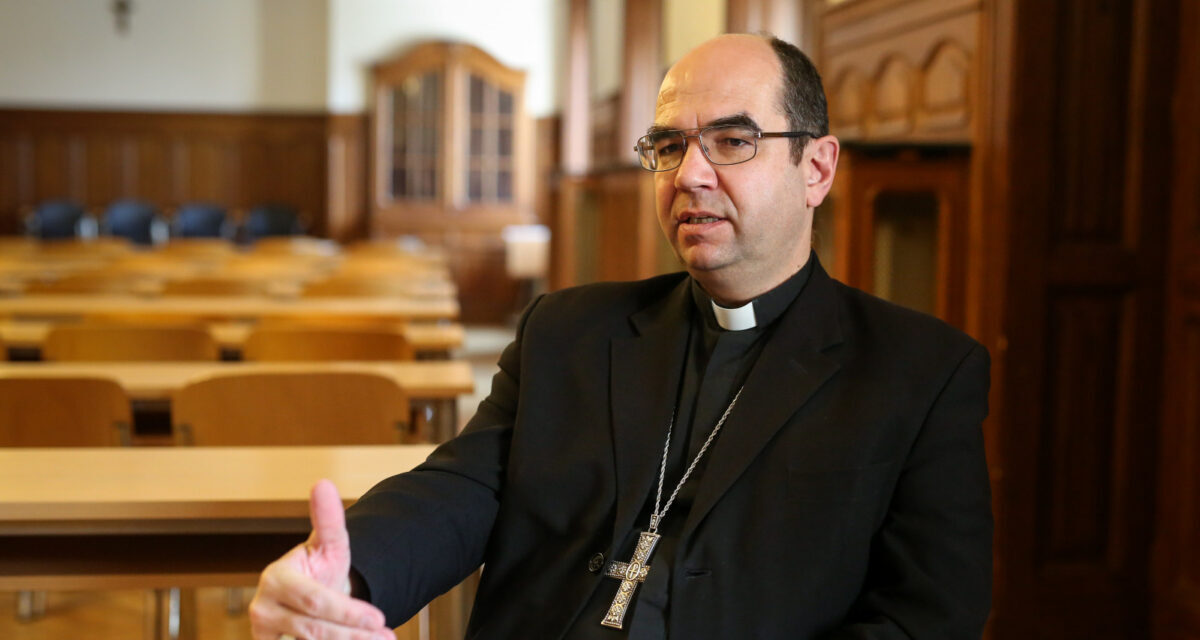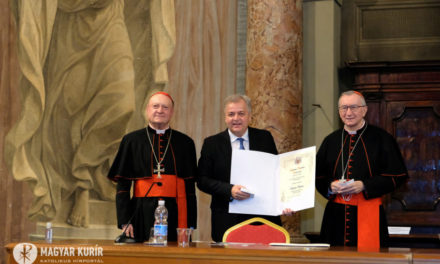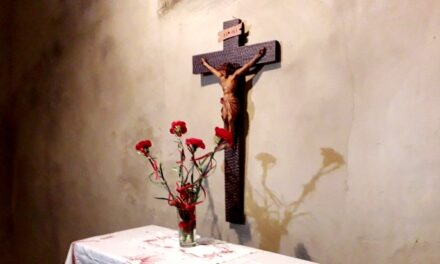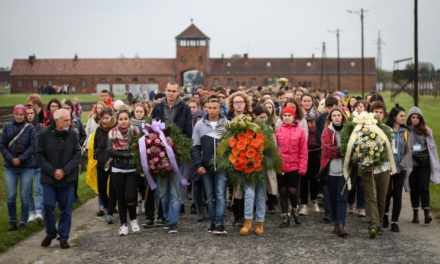Dying with dignity - or the society of life was written by János Székely, county bishop of Szombathely, chairman of the Caritas in Veritate Committee of the Hungarian Catholic Bishops' Conference (MKPK), which deals with social issues.
When a sick child is born, the heart of the parents dictates that they love and help him in every possible way. If an elderly relative is sick, we want to be by his side in every way, express our love, and ease his pain. We don't think that it would be better if he didn't live.
If someone wants to throw themselves in front of a train, it's natural that we run there and stop them. No matter how distorted the society would be, where we would say that this is his decision, no one should prevent him from doing so.
Of course, some might say that the case of a serious, incurable patient is different. But is it really that different? Aren't mental wounds and pains sometimes much more serious than a physical illness?
Why is it that active euthanasia has so far been allowed in only 13 of the 195 countries of the world (in full: Belgium, the Netherlands, Luxembourg, Portugal, Spain, Colombia, New Zealand; partially, assistance in suicide - buying and delivering poison etc. –: Austria, Finland, Germany, Switzerland, Canada, six states of the USA)?
Why is it that the WHO stated that with today's development of palliative treatments, the question of authorizing euthanasia has become obsolete?
Why did the Hungarian Medical Chamber say that the doctor has sworn to life, and therefore they do not support the introduction of active euthanasia, and if this were to happen, they ask that doctors not have to perform it?
Why is it in the Hippocratic, ancient medical oath (circa 6th century BC) that
"I will not give deadly poison to anyone, even if they ask for it, and I will not help any woman to deliver her fetus."
This is because human life is of infinite value. Man is not like a bug that, when fatally wounded, is trampled on so that it does not suffer.
The last, painful stage of human life is often the most important and valuable. Sometimes at this time someone says the most important words of their life:
"I love you", "forgive me", "take care", "I believe".
A Christian also believes that everyone has the right to die with dignity. No one should be forced to use artificial, extraordinary means to extend their life on earth as long as possible. If the patient so requests, he must be allowed to die a natural death so that emergency treatments are discontinued.
However, we think that it is not right for man to want to make himself the master of life and death.
We are not our own creators. Life is a gift. Infinite value. It cannot be evaluated according to finite, human criteria.
We don't think it's right if the doctor is predestined by society to take lives. We do not think it is right if a guardian can decide on the life of an incurably ill person entrusted to him, who has already lost his self-awareness.
The purpose of life on earth is to learn to love. We are born to make our lives a gift, so that, often in the midst of pain, the pure melody of love can be honed in us, and thus through the gate of death we will be able to enter the eternal, infinite love of the Creator God, the mighty divine symphony.
Love carries the other's burden and cross. He loves you not by letting you do it, but by constantly telling him:
"you are important", "you are not a burden", "your presence is precious even when you are sick", "your suffering is not unnecessary", "don't leave us memories of euthanasia".
Real help is not help to die. There is no such thing as murderous love.
Let us build and preserve the society of life, where it is natural for parents to love their children even if they are terminally ill, to love our elderly relatives, to prevent someone from throwing themselves in front of a train, and to heal their wounds with our love, we try to make him rediscover the mysterious and infinite value of life.
Source and featured image: Magyar Kurír












